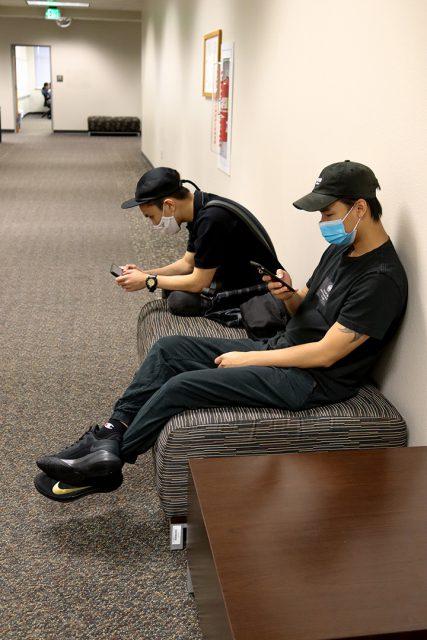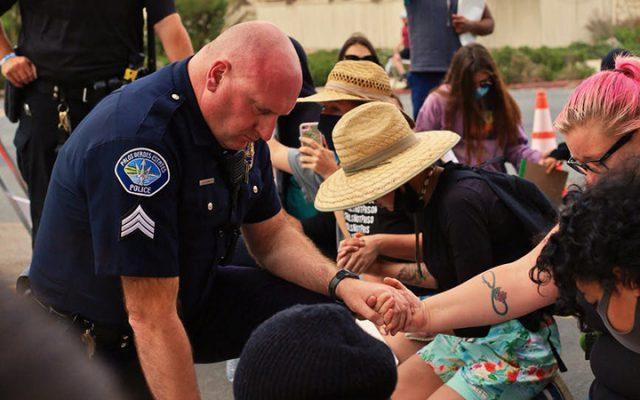Maddy Remington
managing editor
It’s baffling Christmas is considered a national holiday and no other religious holiday is. What about Ramadan, Hanukkah and Diwali?
In a country that prides itself on diversity and inclusion, it’s peculiar to see these religious holidays aren’t considered national holidays.
Where is the separation of church and state? Why is it that the federal government considers Christmas — a Christian holiday — a federal holiday? Independence day, Labor day, Thanksgiving, Veteran’s day — it would make sense for all of these to be federal holidays, but Christmas is the outlier.
I honestly don’t care if 65% of the population in the country are Christian. That’s not an adequate justification for making it a federal holiday because in using this as your reasoning, you are actively ignoring the minority — the 35% of people that practice other religions.
So many people like to make the argument that this is a “Christian nation.” Well, actually, no. This is not a Christian nation. The U.S. is not affiliated with any religion as emphasized by the first amendment.
So why is it that we are still catering to all the Christians but none of the Muslims, Hindus, Jews, Buddhists and people of other religions? Acceptance can be achieved through accommodations but true equality and inclusivity can only be achieved through actively working to include the religious practices of all faiths.
It’s not necessarily fair that people of other religions have to go out of their way to let their employer or school know they practice a different religion so they can receive religious “accommodations.” Other religions should not have to be “accommodated.” They should be included in the federal holidays, especially if the government is going to include Christians in their holiday calendars.
There either needs to be a requirement for all religious holidays of all faiths to be federal holidays, or none of them. I’m sorry if that puts a damper on your Christmas plans, but federal holidays shouldn’t be exclusive to those who are in the majority.



































